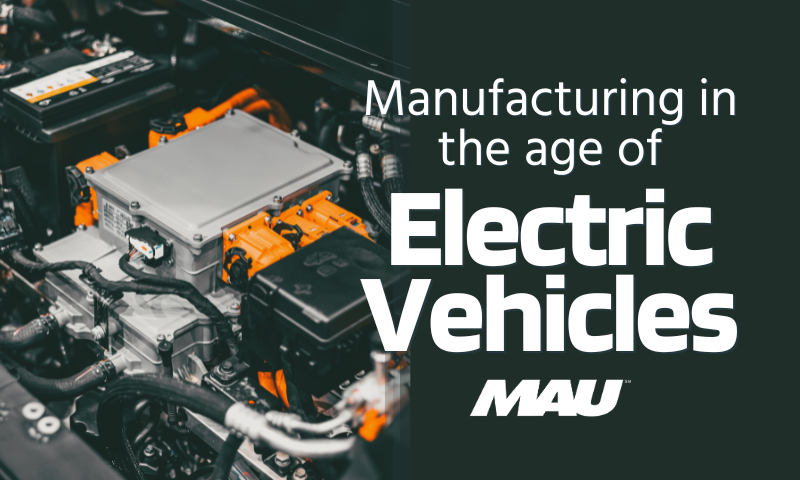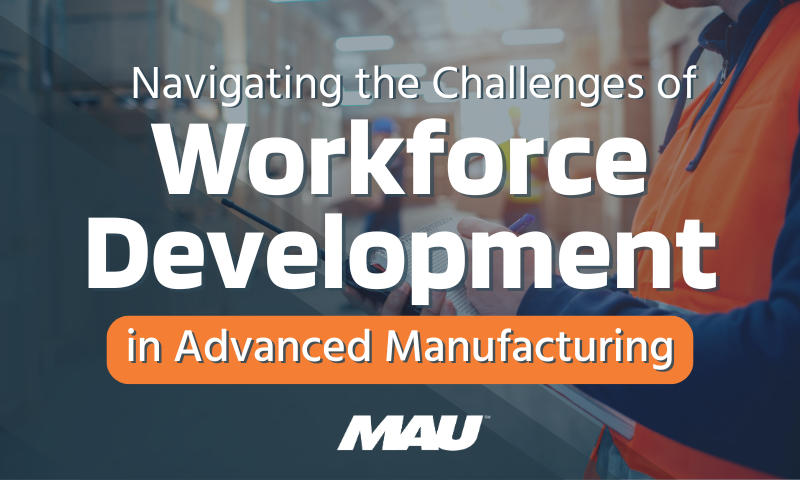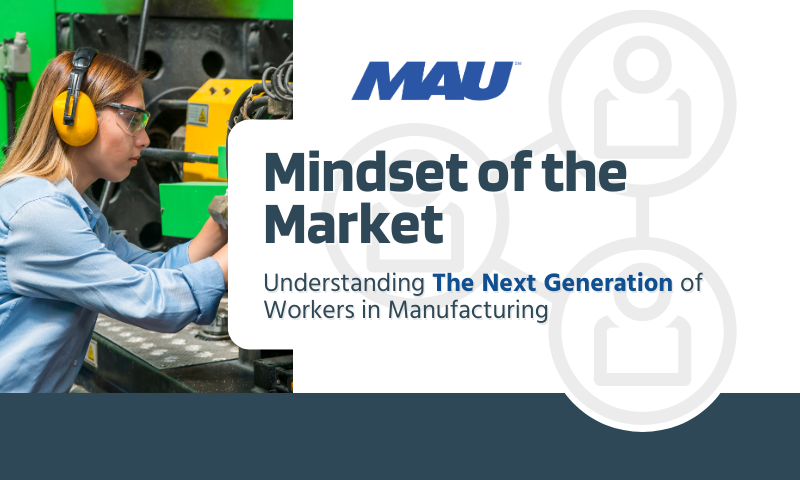Electric vehicles (EVs) have transformed from a mere novelty to the driving force of the automotive industry, thanks to advancements in battery technologies, cost-efficiency, and global environmental initiatives. Urban Science reports that EVs garnered a 7.8% market share across the U.S. in 2023, with some markets, like San Francisco, witnessing explosive growth to 34%.
This seismic shift towards EVs isn’t just a challenge for traditional car manufacturers; it’s a paradigm shift that ripples throughout the manufacturing sector. In this in-depth exploration, we dissect the far-reaching impact of EVs on manufacturing, tackle the challenges faced, and illuminate the pathways to success in this electrifying new age.
The EV Drive and Manufacturing Leadership
As the automotive world revs up for an electric future, manufacturing is at the helm, steering much more than a change in vehicle design. The valor to take the leap into EV production is fraught with complexities, but it’s also laden with opportunities for the forward-thinking executive. The stakes are high, and those at the manufacturing forefront must fuse vision with pragmatic shifts in their operations to remain competitive in an increasingly electrified marketplace.
EV Market Explosions: What Execs Need to Know
The electric vehicle (EV) market is experiencing a significant surge, with global sales reaching hundreds of millions by the latest count. This unprecedented growth isn’t confined to passenger cars alone; sectors ranging from commercial trucks to two-wheelers are also jumping on the electric wave. In certain regions, the EV market share has grown over 50% between 2022 and 2023, illustrating the rapid expansion of the sector.
However, this impressive adoption rate presents a stark contrast to the declining stock prices of EV manufacturers over the past year, which raises questions about the sector’s financial health and future growth prospects. As such, understanding the scale and pace of this market shift becomes crucial for manufacturing leaders. They must navigate the complexities of the situation, balancing the potential for growth while addressing financial uncertainties.
EV adoption isn’t just about cleaner driving; it’s state-of-the-art technology speaking directly to the environmentally conscious consumer. Manufacturers who align their production strategies with this swell in demand stand to gain market share and consumer recognition, tapping into a burgeoning demographic that sees value beyond the badge.
EVs and Manufacturing Operations
The introduction of electric vehicles necessitates fundamental changes in manufacturing operations. The traditional shop floor is being retooled with agility and precision to accommodate EV production’s unique demands.
Battery Technology and Robotics Revolutionize R&D
Battery packs are the heart of electric vehicles, driving innovations in materials, design, and production. With the increasing focus on energy density, longevity, and efficiency, R&D departments are at the cutting edge of technology, harnessing the power of robotics and artificial intelligence to revolutionize the production of battery components.
Robots have become more than mere tools on the assembly line; they are the hands of precision and performance. In EV manufacturing, these powerful machines ensure the quality, consistency, and safety of high-tech components, from bodywork to battery installation.
With the rapid evolution of EV technology, manufacturing plants face the specter of obsolescence. Flexibility is the antidote, as plants are designed or retooled with modular production lines that can adapt to rapidly changing design and product requirements, ensuring that investments in infrastructure remain future-proof.
Addressing the Talent Gap in the Age of Electrification
The workforce that will drive the age of electrification needs to be charged with new skills and knowledge. Training and upskilling initiatives are imperative, equipping employees with the competencies to thrive in a transformed manufacturing landscape.
Reshaping the Manufacturing Workforce
The shift to electric vehicles mandates a workforce adept at high-tech skills, from engineering to data analysis. Training programs must be tailored to equip employees with the proficiencies to operate and innovate in a new, electrified manufacturing environment.
Education institutions and government agencies are pivotal partners in cultivating an EV-ready workforce. By aligning curricula with industry needs and supporting vocational training, they play a critical role in developing a talent pool that can power the electric manufacturing revolution.
Positioning Your Manufacturing Company for EV Success
For manufacturing companies, entry into the EV market is both a pivotal move and a strategic chess game. Success is not guaranteed, and the competition is charged with anticipation. Understanding the market and its dynamics is essential for carving out a niche and outmaneuvering rivals.
The road to success in the age of electric vehicles is one that manufacturers must chart with foresight, courage, and adaptability. By understanding the implications of EV production and proactively addressing its challenges, manufacturing leaders can not only weather the transition but also thrive in this new era of industry.
The call to action for manufacturing executives is clear: it is time to engage, adapt, and lead in the age of electric vehicles. By understanding the magnitude of the EV revolution and its implications for the manufacturing industry, and by taking bold and strategic action, executives can steer their companies toward a future defined by electric innovation and sustained success.
Partnering for Success in the Electric Age
No company can go it alone in the electric age. Strategic partnerships with suppliers, government agencies, educational institutions, and even competitors can create synergies that power success. By forging strong alliances, manufacturing executives can tap into a collective intelligence that propels the industry forward.
Manufacturing executives must pivot with agility and foresight, unlocking the wealth of opportunities that the electric vehicle revolution has brought to industry’s doorstep. It is an era that demands vision—an era that promises to electrify not just the roads, but the very foundation of manufacturing.





